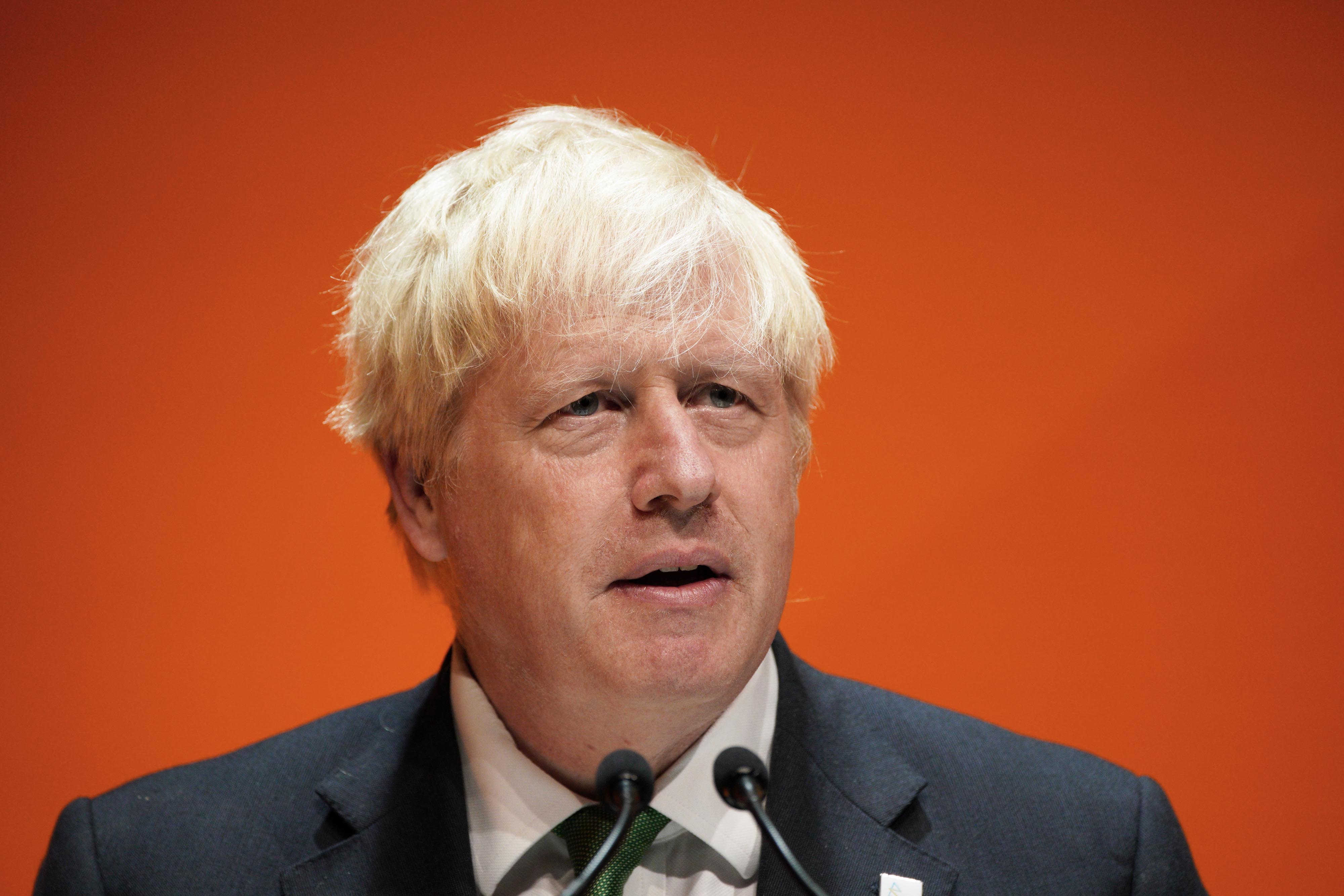Starmer needs to make strengthening our democracy his priority
Boris Johnson’s premiership has proved we can no longer rely on our politicians to be ‘good chaps’ – the basis on which the system operates, writes Andrew Grice


The Conservative Party has conveniently forgotten why it is having a leadership election: Boris Johnson’s repeated breaking of the rules which underpin our democracy. The party shows little sign of learning lessons. A big one is that the system must be strengthened to restore public trust.
Allies of Liz Truss, the clear frontrunner in the contest, insist she is “not part of the old boys’ club”. But that doesn’t mean she would sweep the stinky stables clean of the mess left by Johnson. It suits her to defend him, as many Tory members regret his departure. Ludicrously, she appeared to blame his downfall on the media; it was all his own work. Some Tory MPs were alarmed when she said she would vote to end the Commons privileges committee inquiry into whether Johnson lied to parliament, seeing it as sign she would be “continuity Boris”.
But some Truss supporters think that, once in Downing Street, she would distance herself from her predecessor. She wants a “less presidential” and “less macho” No 10. Yet platitudes without the rules being observed and toughened might mean more of the same. While Tory members might want “continuity Boris”, the wider electorate does not.
Public trust in politicians is at a new low. Four out of five people believe that politicians live by different rules to the rest of us, and more than three-quarters think there are too few checks and balances to stop them breaking the rules.
So this is a dangerous moment. With Johnson at the helm, it suited the Tories for people to think politicians are “all the same”, which helped to neutralise attacks by opposition parties. Truss’s message to voters will be: you can trust me to deliver what I promise. But promises alone won’t solve the trust problem.
Labour could now claim the high ground by proposing democratic reforms. Yet it seems Keir Starmer does not regard the issue as a top priority. I’m told a review of the constitution for Labour by Gordon Brown, pencilled in for publication on 1 September, will be delayed until later in the year, mainly to allow Starmer to focus on the cost of living crisis.
Starmer is under mounting pressure to back proportional representation at general elections. Amid growing support among trade unions and constituency parties, next month’s Labour conference might vote in favour. But the enthusiasm he showed for electoral reform during the party’s leadership election has waned.
True, Starmer scored a bullseye this week with his £29bn plan to freeze the energy price cap for six months, answering internal critics grumbling about a policy vacuum. True, the economy will probably decide the next general election. Some Starmer allies suspect there are few votes in “democracy issues” that might help the Tories paint Starmer with their favourite brush as a leftie-liberal north London lawyer. Yet Partygate was undoubtedly a “doorstep” issue and Johnson’s premiership has proved we can no longer rely on our politicians to be “good chaps” – the basis on which the system operates. So a commitment to reform and introduce new safeguards on standards in public life could pay electoral dividends for Labour. People might be disillusioned about politics, but they have not yet given up on democracy. Such a pledge might even encourage people to join or rejoin Labour, whose membership dropped by almost 100,000 last year, resulting in a £3m loss of income.
Two pressure groups, Compass and Unlock Democracy, are launching a campaign, Powering Up, aimed at persuading Labour to make democracy “a first order issue.” Starmer would be well advised to take its two launch reports seriously.
To keep up to speed with all the latest opinions and comment, sign up to our free weekly Voices Dispatches newsletter by clicking here
Jess Garland, director of policy and research at the Electoral Reform Society, insists that “the argument that political change sits in a box outside economic concerns, that issues of political renewal and the distribution of power only appeal to a minority, is nonsense. Indeed, issues of where power lies, through the Scottish independence referendum and Brexit, have played a significant role in the last three general elections”.
Stuart White, associate professor of politics at Jesus College, Oxford, argues that a new and better political system is needed to halt a “slide into authoritarianism and corruption” and “democratic backsliding” under the Tories. He wants PR for elections to the Commons and a democratic replacement for the House of Lords. He views Labour as both “an essential agent of this change and a potential obstacle to it”. White calls for a citizen-led process, noting the irony of “the carefully controlling and defensive exercise that is Labour’s current commission on the constitution”. He urges Labour to give up the basic model of politics it has inherited from the 20th century in favour of “pluralism” and “creative constitutionalism”.
UK politics is at a crossroads. It could continue down the path of public disillusionment, polarisation and a weakening of democratic rules – one we are witnessing in the US. There’s another parallel in Donald Trump’s state of denial about his defeat and Johnson’s reaction to his downfall; both hint they want to come back. Or the UK could take heed of such danger signals, clean up the rotten legacy left by Johnson and refresh its political system. There is only one way to go.






Join our commenting forum
Join thought-provoking conversations, follow other Independent readers and see their replies
Comments